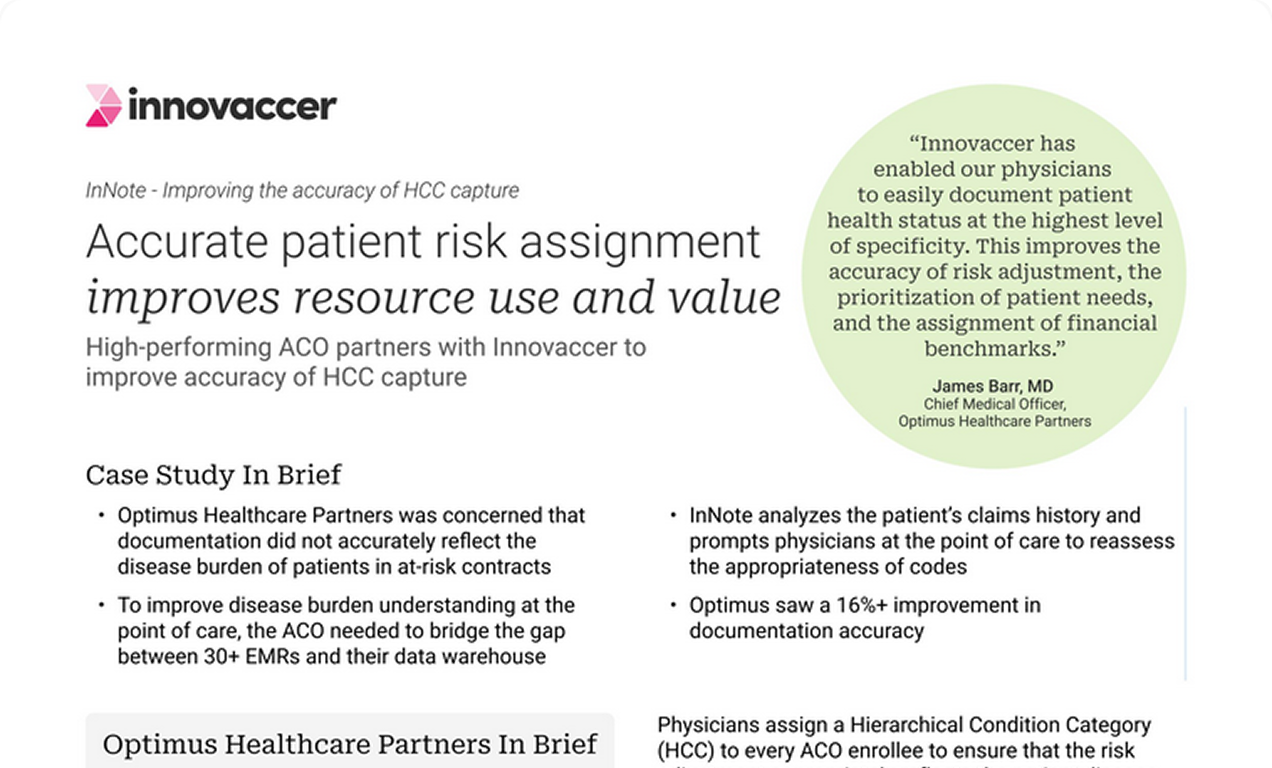Paving The Way For The New Healthcare Transformation: Embracing Big Data

Healthcare data storage will be touching the zettabyte-scale in the coming years with increasing services and patients. Every year, a significant amount of data is generated from medication administration records, lab records, EHRs, wearable health devices, and various other sources.
To support a wide range of healthcare functions such as medical decision support, disease tracking, and health monitoring, population health management has to be ramped up with efficiency. Amidst this, how can Big Data assist healthcare for better outcomes?
How will Big Data disrupt healthcare services?
Applying Big Data to capture value, we need to integrate disparate data sets as a pre-requisite to harness value-based reimbursements. Let us understand the various ways Big Data can be leveraged to achieve better clinical and financial outcomes:
- Reducing preventable readmissions: EHR data once collated and analyzed helps providers maintain comprehensive disease registries, which helps in planning proper discharge and implementing the required processes to avoid readmissions.
- A holistic view of patients: Big Data can provide healthcare providers with a complete view of their patients inclusive of all data facets such as clinical, financial, behavioral, and socioeconomic factors. This will lead to personalized treatments and better outcomes.
- Improving physician performance: Data-oriented insights will help physicians to create treatment plans and make targeted interventions to improve health outcomes.
- Identifying shortfalls and opportunities: Comparing process outcomes can help physicians to identify the treatments that worked best, and understand conditions that favored successful outcomes.
- Stratifying the population – Intelligent algorithms with Big Data will help providers to assign a risk score to each patient and segment the population into high, medium and low-risk zones. Next, they will be able to better focus on the needs of high-risk patients for better population health.
- Predictive Analytics - With Big data in place, healthcare organizations will be able to create a structured stratification of patients based on risk. This will enable them to deploy case-based analysis and better understand population health through drilled-down patient-focused datasets.
The Road Ahead
With plenty of data in hand, an analytics system will be well-suited to assist healthcare in driving the right decisions. Big Data has the potential to disrupt care delivery processes, to say the least. Along with improved clinical and financial outcomes, it will help providers find the right data sets to analyze and solve bigger challenges of preventive care. A well-employed Big Data strategy can save millions of dollars and impact billions of lives with better health outcomes!
To know more about how a data activation platform can help you enhance your care management strategies, get a demo.


.png)






.avif)









.svg)
.svg)

.svg)

